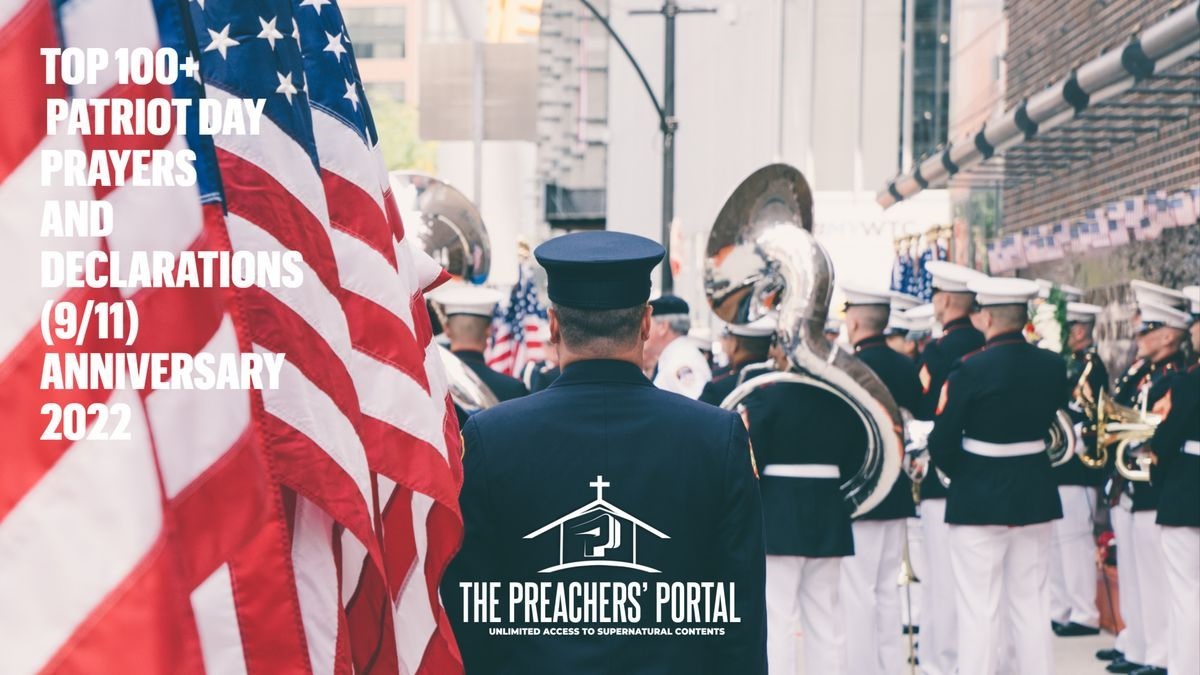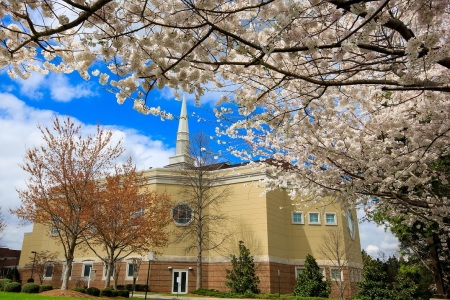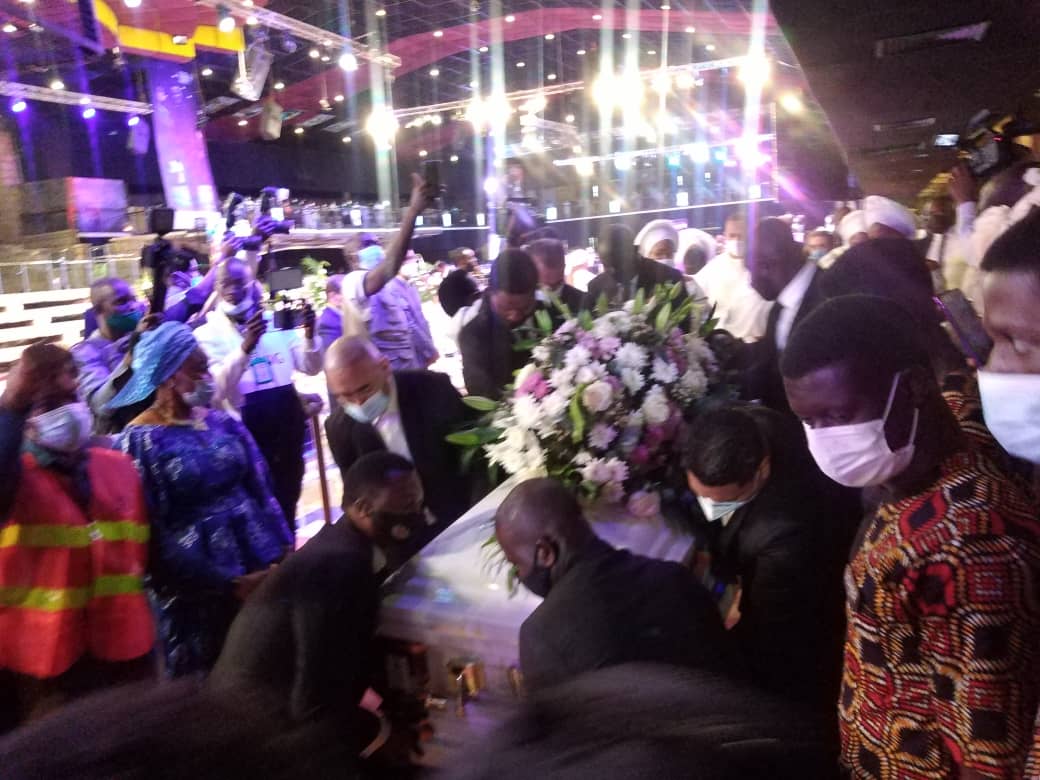Where Are Marriage Ceremonies In The Bible?
Where Are Marriage Ceremonies In The Bible?
I have often been puzzled by something missing from the Bible: marriage ceremonies.
Although lots of people are married in the Bible, there are no descriptions of any ceremonies. Adam and Eve are “married” simply by the fact that they are made for each other and they procreate. Jacob marries Leah by mistake, which happens not because of a disguised bride at a wedding ceremony, but because he consummates the marriage in the darkness of a tent. Jesus attends a wedding in Cana which consists of a family party, but no ceremony is described.
Where Are Marriage Ceremonies In The Bible?
The only “ceremony” I can find in the Bible is Tobit 7:12-14 in which a father places the hand of his daughter in the hand of the husband, and then writes a contract. The reason why there are no marriage ceremonies in the Bible is that the marriage did not involve a ceremony. Marriage in the Bible simply consists of a man and woman, with the consent of the woman’s father or guardian, living together and attempting procreation. No vows, no priest, no ritual, no prayer, no pronouncement, no license, no registration.
This is quite different from how we define and enact marriage today.
Today, for a marriage to be “real” it must be legal; in other words, it must be recognized by the laws of the state and registered with the state. Also, for many Christians, marriage is not a “Christian marriage” unless it is officiated by a credentialed minister who makes a verbal pronouncement, preferably in the presence of the congregation. But these are all recent innovations.
For most of human history, marriage has simply been an agreement, recognized or arranged by the immediate families, for a man and woman to live together. Marriage as a legal institution, and as a religious ceremony, began as a result of the Reformation. Beginning in the Middle Ages, churches kept records of who was married to whom. But Luther viewed marriage as a “worldly matter,” and so he turned over the recording of marriages to the state.
Calvin believed that for a marriage to be valid it needed to be both recorded by the state and officiated by the church. The Catholic Church did not require marriages to be officiated by a priest until 1563, and the Anglican Church did not get around to making this requirement until 1753. So for the past five hundred years, there have been, in the European tradition, three kinds of marriage: legal, religious, and social. But social marriage, strictly speaking, is the most biblical. What would happen if the church today were to once again recognize social marriage?
Where Are Marriage Ceremonies In The Bible?
It would mean that couples living together, particularly those raising children, could be treated as married even if they are not legally married or have not undergone any kind of religious ritual. Indeed, during most of history, society, as well as the church, would have regarded such couples as married. Since a growing number of couples today are choosing to live together and raise children without a ceremony or legal license, it may be advantageous for the church to look more kindly and inclusively upon them. Otherwise, we will alienate these couples and they will not benefit from the guidance and support of the church.
ALSO, CHECK When To Say It’s Over In Relationship And Marriage
This does not mean the church should stop advocating for religious ceremonies and legalized marriages. These innovations have important purposes. A public ceremony that includes vows and prayers makes the couple’s commitment to each other clear, links the couple’s love to the sacred story of God’s love, and gives the community and congregation an explicitly supportive role in helping to maintain the marriage. A legally recognized marriage gives the couple various rights and benefits, provides additional stability to the relationship, and protects both spouses and children in case of divorce.
The church supports marriage and family the best, I think when it recognizes that couples who intend to share their lives together represent a type of marriage. I do not know why an increasing number of couples in our society are choosing not to legally marry, but we are doing them no good by rejecting them. Let us instead welcome them, treat them as if they were married, and advocate for the benefits of public religious ritual and legal status.
Ryan Ahlgrim is the pastor of First Mennonite Church in Richmond, Va.















